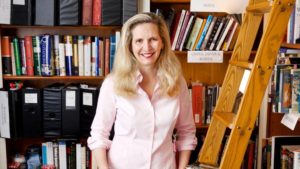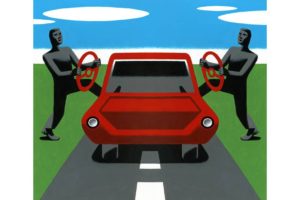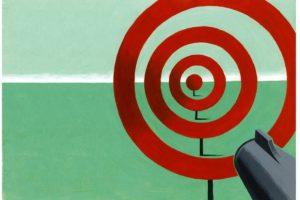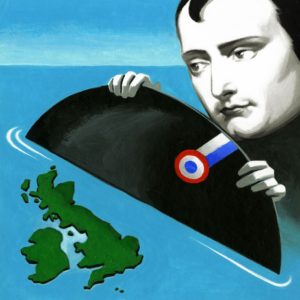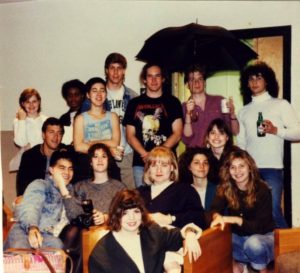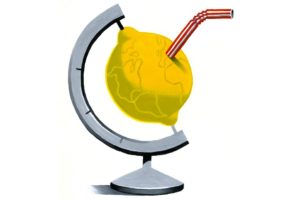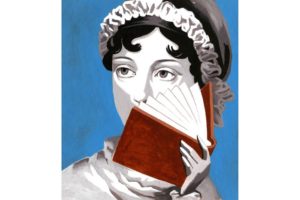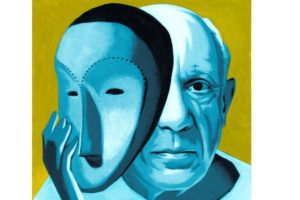Sunday August 20 at 9:00pm – Endeavor on Masterpiece – Follow Endeavour, who while struggling with Joan Thursday’s sudden departure, is consumed by a nightmarish hunt for a serial killer. He must race against time to find the connection between a chess-playing “thinking” machine and a baffling drowning.
Monday August 21 at 9:00pm – NOVA – Join scientists and citizens alike as they observe the first total solar eclipse to traverse the US mainland in more than a generation. Discover the storied history of eclipse science and follow current, cutting-edge research into the solar corona.
Tuesday August 22 at 8:00pm – Diana – Her Story – Twenty years after Princess Diana’s death, this new film reveals her story in her own words. What emerges is the narrative of a shy young girl who stepped onto the world stage in 1980 and departed in 1997 as its most famous woman.
Wednesday August 23 at 9:00pm – The Farthest – Voyager in Space – Launched in 1977, NASA’s epic Voyager missions revolutionized our understanding of Jupiter, Saturn, Uranus, Neptune, and their spectacular moons and rings. In 2012, Voyager 1 left our solar system and ushered humanity into the interstellar age.
Thursday August 24 at 10:00pm – The Ascent of Woman: A 10,000 Year History – Dr. Amanda Foreman journeys around the world to study the experiences and expectations of women living in various societies throughout history.
Friday August 25 at 9:00pm – Great Performances at the Met – Hear Sonya Yoncheva sing the tragic courtesan Violetta in Verdi’s classic, with Michael Fabiano as her ardent lover Alfredo and Thomas Hampson as his disapproving father Germont, in a revival of Willy Decker’s staging conducted by Nicola Luisotti.
Saturday August 26 at 9:00pm – Death in Paradise – When a prisoner is killed in their custody, DI Goodman and the team are under pressure to solve the case quickly. Humphrey’s father visits Saint Marie intent on meddling in his son’s life.






